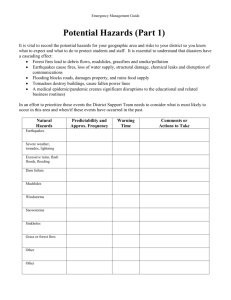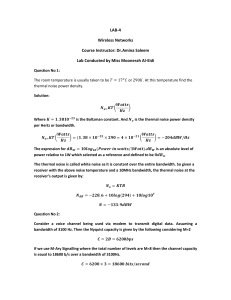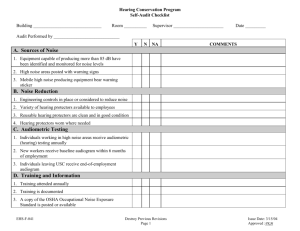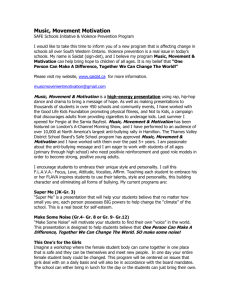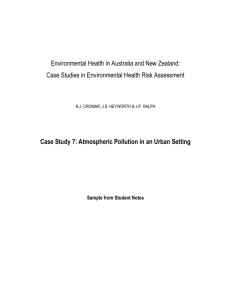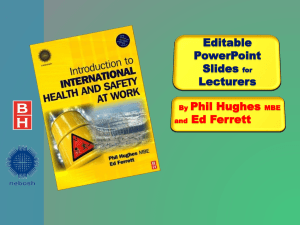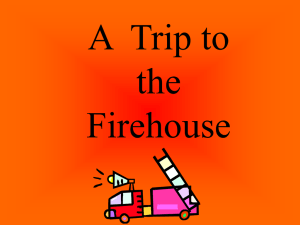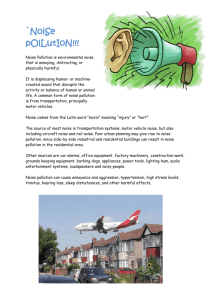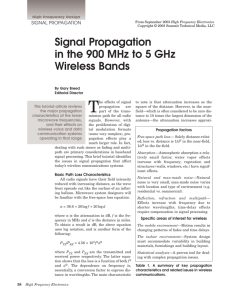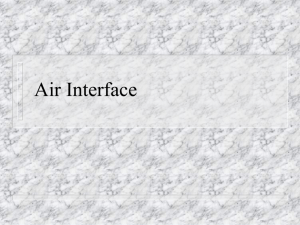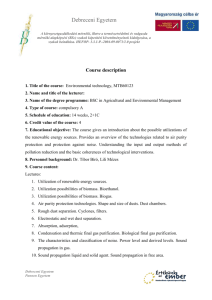view
advertisement
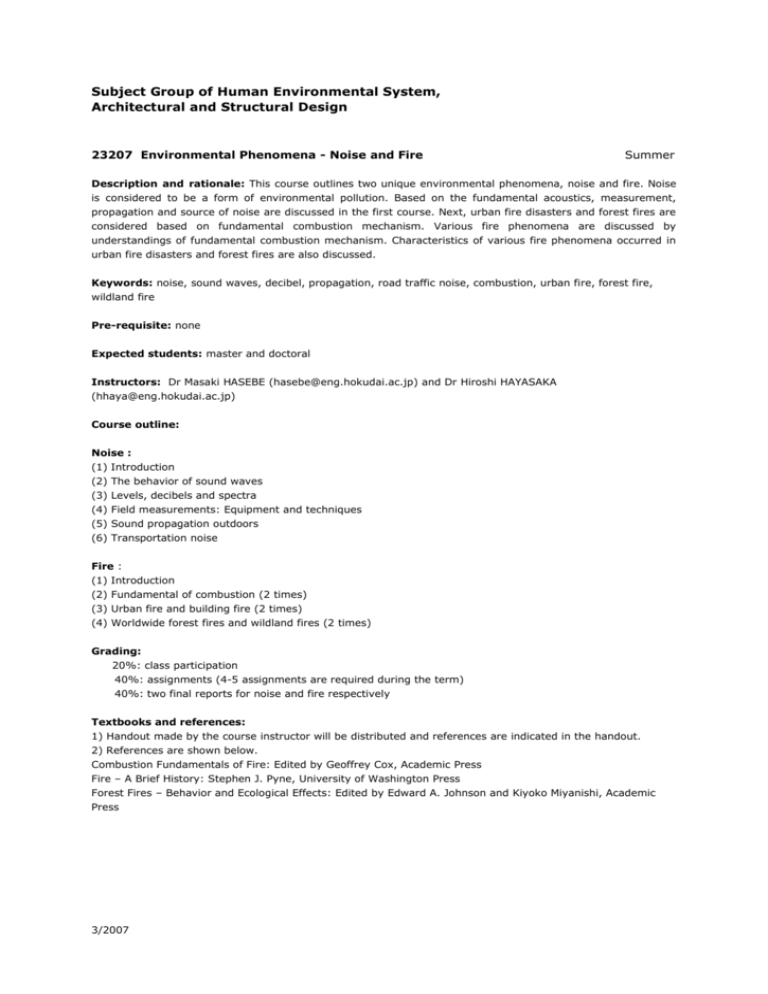
Subject Group of Human Environmental System, Architectural and Structural Design 23207 Environmental Phenomena - Noise and Fire Summer Description and rationale: This course outlines two unique environmental phenomena, noise and fire. Noise is considered to be a form of environmental pollution. Based on the fundamental acoustics, measurement, propagation and source of noise are discussed in the first course. Next, urban fire disasters and forest fires are considered based on fundamental combustion mechanism. Various fire phenomena are discussed by understandings of fundamental combustion mechanism. Characteristics of various fire phenomena occurred in urban fire disasters and forest fires are also discussed. Keywords: noise, sound waves, decibel, propagation, road traffic noise, combustion, urban fire, forest fire, wildland fire Pre-requisite: none Expected students: master and doctoral Instructors: Dr Masaki HASEBE (hasebe@eng.hokudai.ac.jp) and Dr Hiroshi HAYASAKA (hhaya@eng.hokudai.ac.jp) Course outline: Noise : (1) Introduction (2) The behavior of sound waves (3) Levels, decibels and spectra (4) Field measurements: Equipment and techniques (5) Sound propagation outdoors (6) Transportation noise Fire : (1) Introduction (2) Fundamental of combustion (2 times) (3) Urban fire and building fire (2 times) (4) Worldwide forest fires and wildland fires (2 times) Grading: 20%: class participation 40%: assignments (4-5 assignments are required during the term) 40%: two final reports for noise and fire respectively Textbooks and references: 1) Handout made by the course instructor will be distributed and references are indicated in the handout. 2) References are shown below. Combustion Fundamentals of Fire: Edited by Geoffrey Cox, Academic Press Fire – A Brief History: Stephen J. Pyne, University of Washington Press Forest Fires – Behavior and Ecological Effects: Edited by Edward A. Johnson and Kiyoko Miyanishi, Academic Press 3/2007
